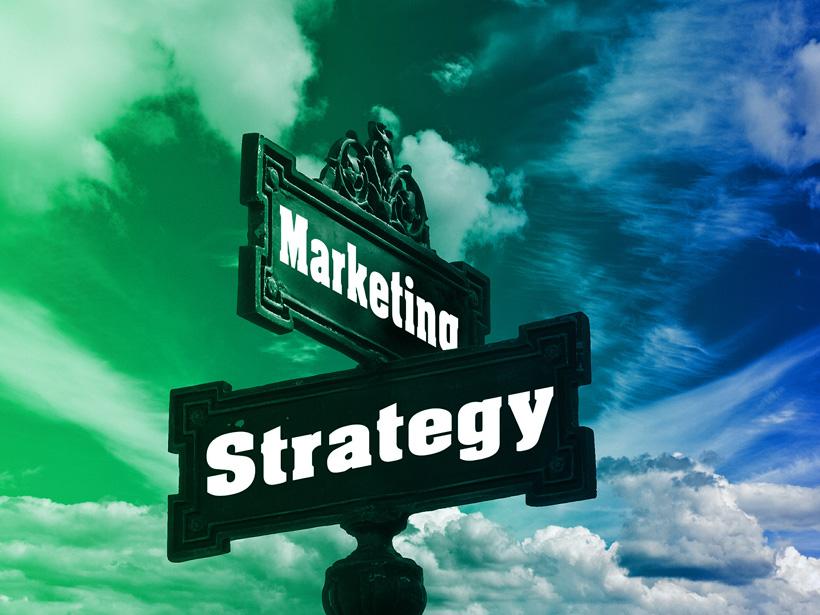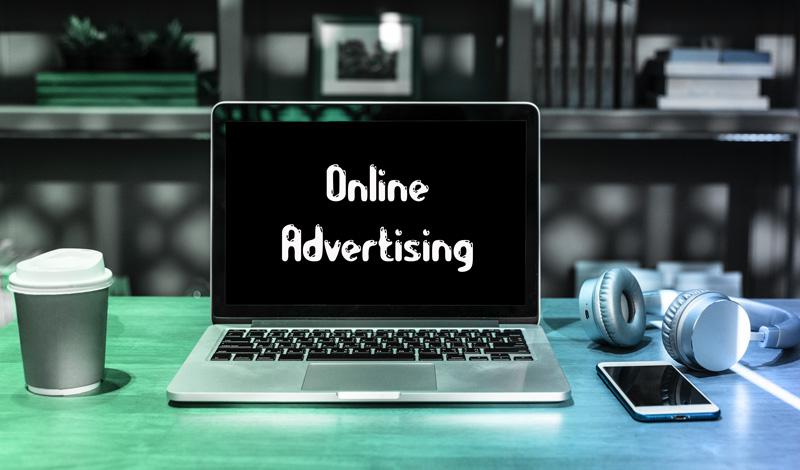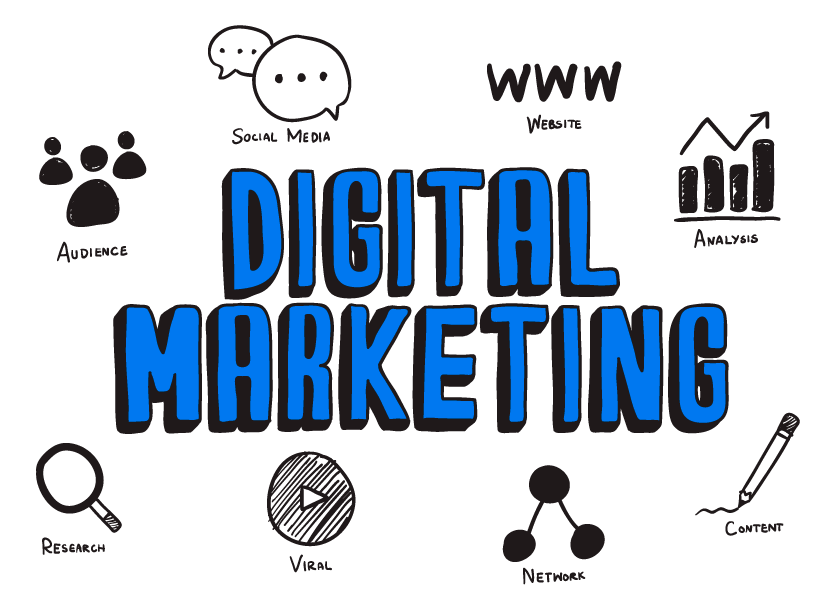Online Advertising, What’s That?
Let’s begin with a general definition of “advertising”. According to Merriam-Webster’s dictionary, advertising is “the action of calling something to the attention of the public especially by paid announcements”. The difference(s) between traditional advertising techniques and online advertising techniques is clear: the forum. Traditional advertisement typically includes the media that probably pop into your head when you read the word “advertisement”: TV commercials, billboards, newspapers/magazines, flyers, postcards, radio commercials, vehicle wraps, etc. When advertisements are presented online, there is really only one medium: the internet. Of course, simply saying that ads are delivered via the internet is nearly a meaningless statement; because the internet is a vast landscape, there are many, many outlets, opportunities, and methods for ad delivery. We will very briefly touch upon the more popular media. Popular methods of online ad delivery include email marketing, content marketing, search engine marketing, and social media marketing (SMM).
Email Marketing
Let’s first discuss email marketing. Email marketing, in a broad sense, involves the simple act of creating and sending an email to a single target or a group of targets (blast) with the intent of promoting a service or product, or to prompt a specific action. There are two primary types of marketing emails which can be sent:
- Direct emails are sent for an intended purpose, often to a targeted recipient list.
- Transactional emails which are usually linked to specific actions taken by the recipient on the sender’s website. The specific actions may include abandoned carts, account creation/confirmation, password resets, order confirmations, receipts, etc.
There are many benefits to email marketing. The most relevant benefits are cost-savings and an ability to track recipient behavior (i.e. open/close rate, deletion rate prior to opening/after opening, click-through rate, etc.).
Content Marketing
Next, let’s discuss content marketing. Content marketing is very much like it sounds. It is the act of promoting, creating awareness, establishing authority, or otherwise bringing attention to a service, product, brand, or idea through the act of creating and sharing relevant content. Content, in this instance, refers to things you likely see promoted online on a daily basis—blogs, videos, social media posts, e-books, etc. In an ideal situation, the content being created will be relevant and targeted to a specific intended audience.

Search Engine Marketing
Search engine marketing (SEM) is probably what you immediately pictured when we began discussing online advertising. For the purposes of this guide, we will keep things simple and only discuss the more common methods of SEM. These include: pay-per-click (PPC) advertising and cost-per-impression (CPI) or cost-per-mille (CPM) advertising. If you were to run a PPC advertisement, you would create an ad that is intended to drive a specific action (i.e. visit your website, download an e-book or app, sign-up for your website, etc.) and only be charged in the event that a potential customer actually clicked on your ad. This can be a very effective method of advertisement when you are targeting a well-defined customer segment and seeking a specific action to be taken. A CPI or CPM campaign is most effective when the advertisement goal is to create and spread awareness. As a result, CPI or CPM campaigns are charged based on impressions, or how often the ad is delivered, regardless of whether or not there was any specific interaction with the delivered ad. As the names suggest, CPI campaigns are charged per impression, whereas CPM campaigns are charged per 1,000 impressions.
Social Media Marketing
Social media marketing (SMM) is very much a form of content marketing; however, it takes place solely on a social media platform. The most popular current social media platforms include: YouTube, Facebook, Instagram, Twitter, Snapchat, Pinterest, and LinkedIn. SMM effectively provides a platform for individuals and companies to create a voice and to directly interact with and market to their target audiences. SMM is a very powerful tool that every company should strategically utilize in their efforts to develop an online presence.
If you’re interested in quality Digital Marketing services, Social Plexus is here. We’ll help you build your business’ reach online, and accomplish your Digital Marketing goals. We have compiled information regarding Digital Marketing (SEO, SMO, and PPC) into a FREE e book, The Beginner’s Guide to: Digital Marketing. To download your free copy, please complete the form below.



